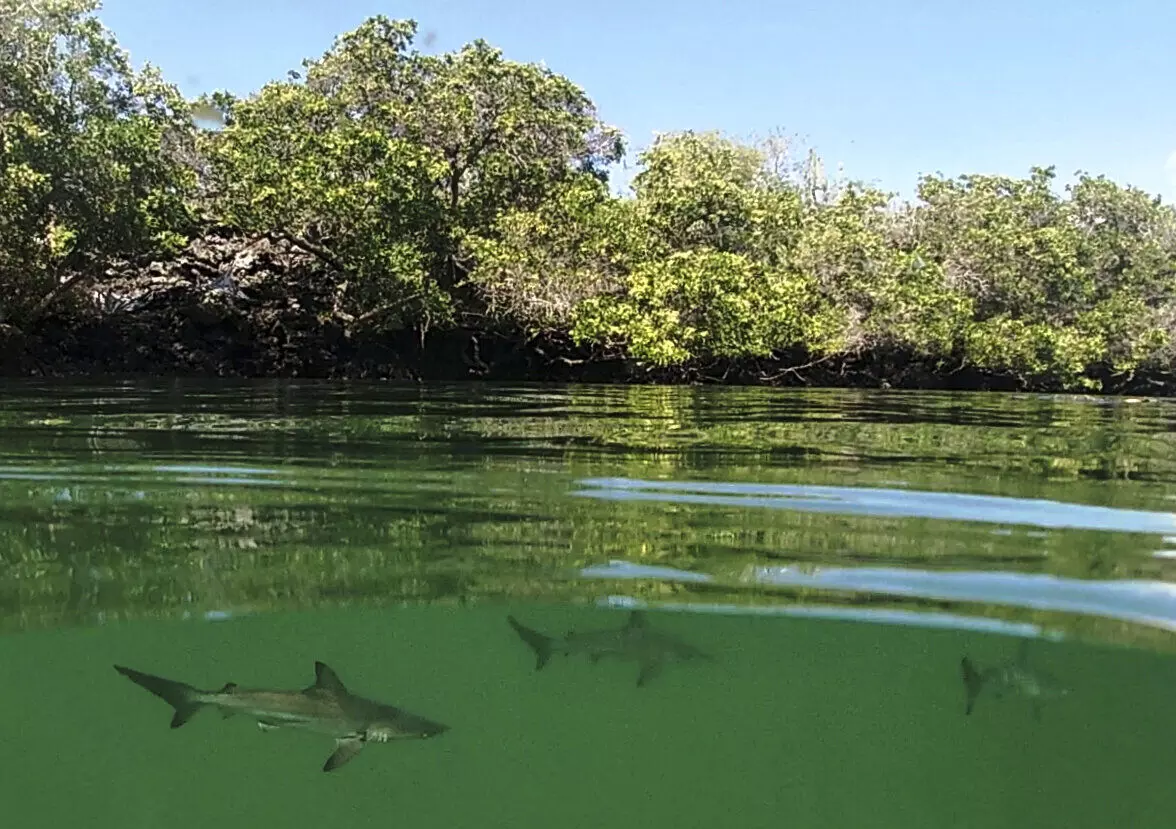Global Freshwater Levels Decline Sharply Since 2014, Study Finds
Discover the alarming decline in global freshwater levels since 2014, with researchers linking droughts, groundwater depletion, and climate shifts to a persistently drier phase for Earth's continents.
Fresh water

A recent study has revealed a significant drop in global freshwater levels between 2015 and 2023 compared to the 2002-2014 average. Researchers found that the average volume of freshwater in lakes, rivers, and underground aquifers decreased by approximately 1,200 cubic kilometres, marking a dramatic decline since 2014 that has persisted. This trend may signal that Earth's continents have entered a drier phase.
During droughts, increased dependence on groundwater for agricultural and urban needs accelerates the depletion of subterranean water sources. As rain and snow struggle to replenish these reserves, over-pumping of groundwater intensifies. This dwindling water supply puts additional pressure on farmers and communities, potentially leading to conflicts, famine, and poverty. The reliance on contaminated water sources further raises the risk of disease outbreaks.
The findings are based on data from the GRACE (Gravity Recovery and Climate Experiment) satellites, a collaboration between NASA and the German Aerospace Centre. These satellites measure changes in Earth's gravity to track fluctuations in water mass above and below the surface.
The Global Context of Freshwater Depletion
The freshwater decline began with severe droughts in South America and expanded to other regions, coinciding with elevated ocean temperatures between 2014 and 2016. These changes disrupted atmospheric jet streams and rainfall patterns worldwide. Despite subsequent drought relief in some areas, global freshwater levels have not recovered.
Researchers suspect that global warming could be a contributing factor. A warmer atmosphere holds more water vapour, intensifying extreme precipitation events while disrupting natural water cycles. However, directly linking global warming to freshwater depletion remains complex.
The study, published in Surveys in Geophysics, emphasises the urgent need to address freshwater management and adapt to changing hydrological conditions.

